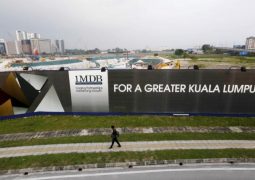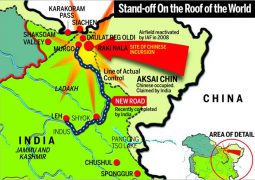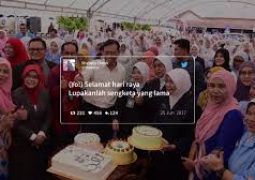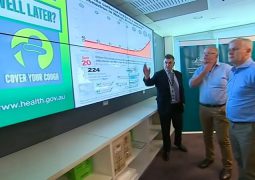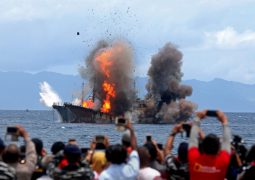US an interested bystander as Kim takes the slow train to Vladivostok
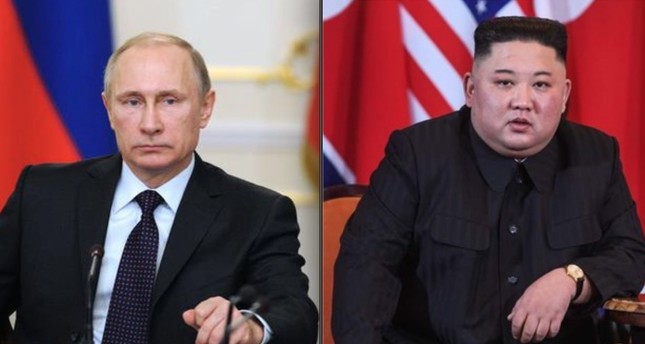
US an interested bystander as Kim takes the slow train to Vladivostok
/arc-anglerfish-syd-prod-nzme.s3.amazonaws.com/public/A5ZU23RVUVCU5ECCMKKANHGOTM.jpg)
The meeting in Vladivostok – two months after the collapse of talks between Kim and US President Donald Trump in Hanoi – offers both Kim and Putin a chance to send messages to Washington.
For Kim, closer ties with Moscow could give the North another card to play in its negotiations with the US over its nuclear programme.
Putin is likely to use the meeting to further project Russia’s influence in Asian affairs and signal that the Kremlin should have a hand in any possible grand-bargain deals with Kim.
“The talks will definitely be centered on a political-diplomatic resolution of the nuclear problem on the Korean Peninsula,” Ushakov was quoted as saying.
But Alexei Chepa, the deputy head of the Russian Parliament’s foreign affairs committee, used the upcoming summit to call for a lifting of economic sanctions against North Korea.
“The position assumed by the United States of America is not constructive, and we see that,” he told Interfax.
Putin is unlikely to break with the UN Security Council over North Korea sanctions. But Kim also rejects the US position that sanctions cannot be lifted until the North fully dismantles its nuclear programme.
US officials remain wary of Putin’s ability to play spoiler in the negotiations. This was a factor in the State Department’s decision to dispatch its point man for the negotiations, Steve Biegun, to Moscow last week ahead of the Kim-Putin summit.
Biegun raised specific instances in which the US believes Russia violated UN sanctions against North Korea, said diplomats familiar with the discussions.
Biegun urged Moscow to maintain sanctions against the isolated country to fulfill a shared goal of advancing the denuclearisation discussion. In response, Russian officials said they would expel North Korean labourers in December when their residence permits expire, potentially limiting a key source of cash for the North, said people familiar with the discussions.
Before Biegun’s visit, Russia proposed a “joint action plan” to address North Korea’s nuclear programme, but the US has not supported it, fearing that it could become a mechanism for Russia to push for the lifting of sanctions against North Korea.
In Vladivostok, a main thoroughfare has been decorated with flags from the two countries. Major roads were closed off in anticipation for Kim’s arrival and a concert stage was being prepared at a university, where the summit is expected to take place.
“It’s not that Kim is some great friend with Russia. It’s part of his plan to continue work on diplomacy with everybody else, to put pressure on Washington,” said Sue Mi Terry, senior fellow at the Centre for Strategic and International Studies in Washington.
At the height of tensions in 2017, Moscow voted alongside Beijing for relatively tight sanctions, although some illicit trade between Russia and North Korea has invited criticism from the US.
Kim is travelling at a leisurely pace on his famously slow train, with an expected visit at the border town of Khasan, to see a Russian-Korean House of Friendship that was constructed in the mid-1980s.
His trip is an ode to his father and grandfather, both former leaders of North Korea, who also travelled to Khasan by train during their rare foreign trips.
“The biggest gain Chairman Kim can get from a summit with President Putin is essentially the rehabilitation, the elevation of his image and stature. Because at the end of the day this is a meeting at the summit level with a world leader,” said John Park, director of the Korea Project at the Harvard Kennedy School.
By contrast, Putin will jet into Vladivostok on his way to a summit in a far more important eastern neighbour, China.
- Previous In the South China Sea, Chinese fishing vessels around Thitu Island might net more than they bargained for
- Next Mulvaney said don’t bring up Russia meddling fears to Trump: NYT



